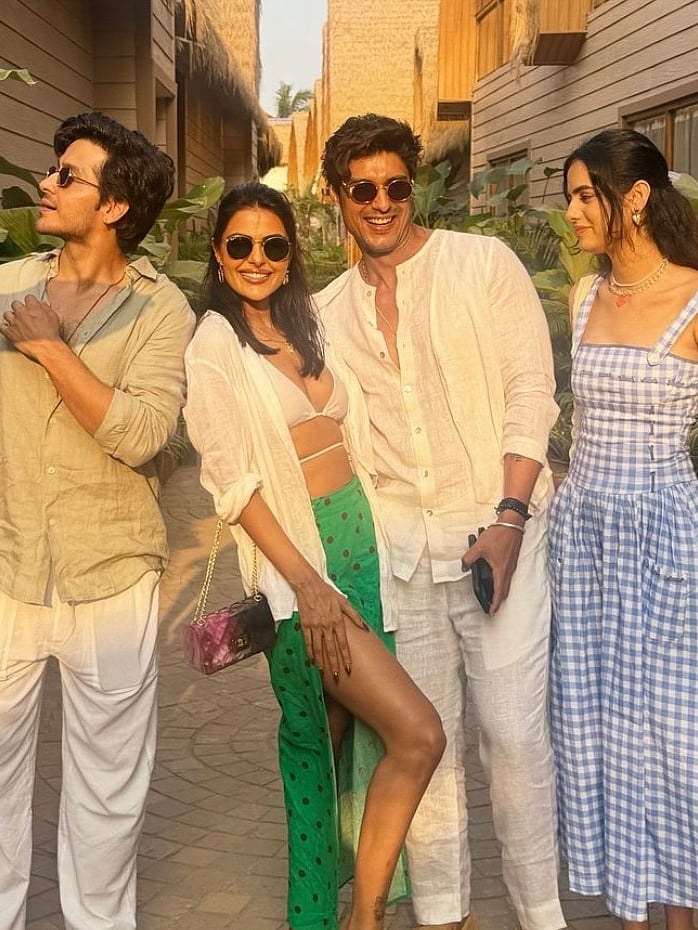The Delhi High Court shall be passing verdict on criminalisation of maritatal rape tomorrow, May 11.
A bench of Justices Rajiv Shakdher and C Hari Shankar had reserved its judgement on February 21 on the petitions seeking to strike down the exception granted to husbands under the Indian rape law after conducting marathon hearings on the issue.
On February 7, the high court granted two weeks to the Centre to state its stand on the petitions seeking criminalisation of marital rape.
However, the Centre again urged the court to grant more time which was refused by the bench on the ground that it was not possible to defer an ongoing matter endlessly.
The Centre had submitted that it has sent a communication to all states and Union Territories seeking their comments on the issue and urged the court that the proceedings be adjourned till such time the inputs are received.
Solicitor General Tushar Mehta and Central government standing counsel Monika Arora, representing the Centre, had said that as this case could have an impact on social and family life with far-reaching consequences, the government can place its stand only after a consultative process.
The court was hearing PILs filed by NGOs RIT Foundation, All India Democratic Women's Association, a man and a woman seeking striking down of the exception granted to husbands under the Indian rape law.
In its 2017 affidavit, the Centre had opposed the pleas submitting that marital rape cannot be made a criminal offence as it could become a phenomenon that may destabilise the institution of marriage and an easy tool for harassing husbands.
However, the Centre told the court in January that it was "re-looking" at its earlier stand on the petitions as that was brought on record in the affidavit filed several years ago.
The petitioners have challenged the constitutionality of the marital rape exception under Section 375 IPC (rape) on the ground that it discriminated against married women who are sexually assaulted by their husbands.
Under the exception given in Section 375 of the IPC, sexual intercourse or sexual acts by a man with his wife, the wife not being minor, is not rape.
The petitioners had said that marital rape was the biggest form of sexual violence against women and the Delhi government had said that this act was already covered as a "crime of cruelty" under IPC.
NGO, Men Welfare Trust (MWT), which is opposing the batch of petitions seeking criminalisation of marital rape, had argued that sexual intercourse between a husband and wife cannot be treated at par with that in non-marital relationships as the issue of consent cannot be divorced from the context of a marriage.
It had submitted that the Domestic Violence Act was specifically promulgated for recognising spouse sexual violence.






.png)



